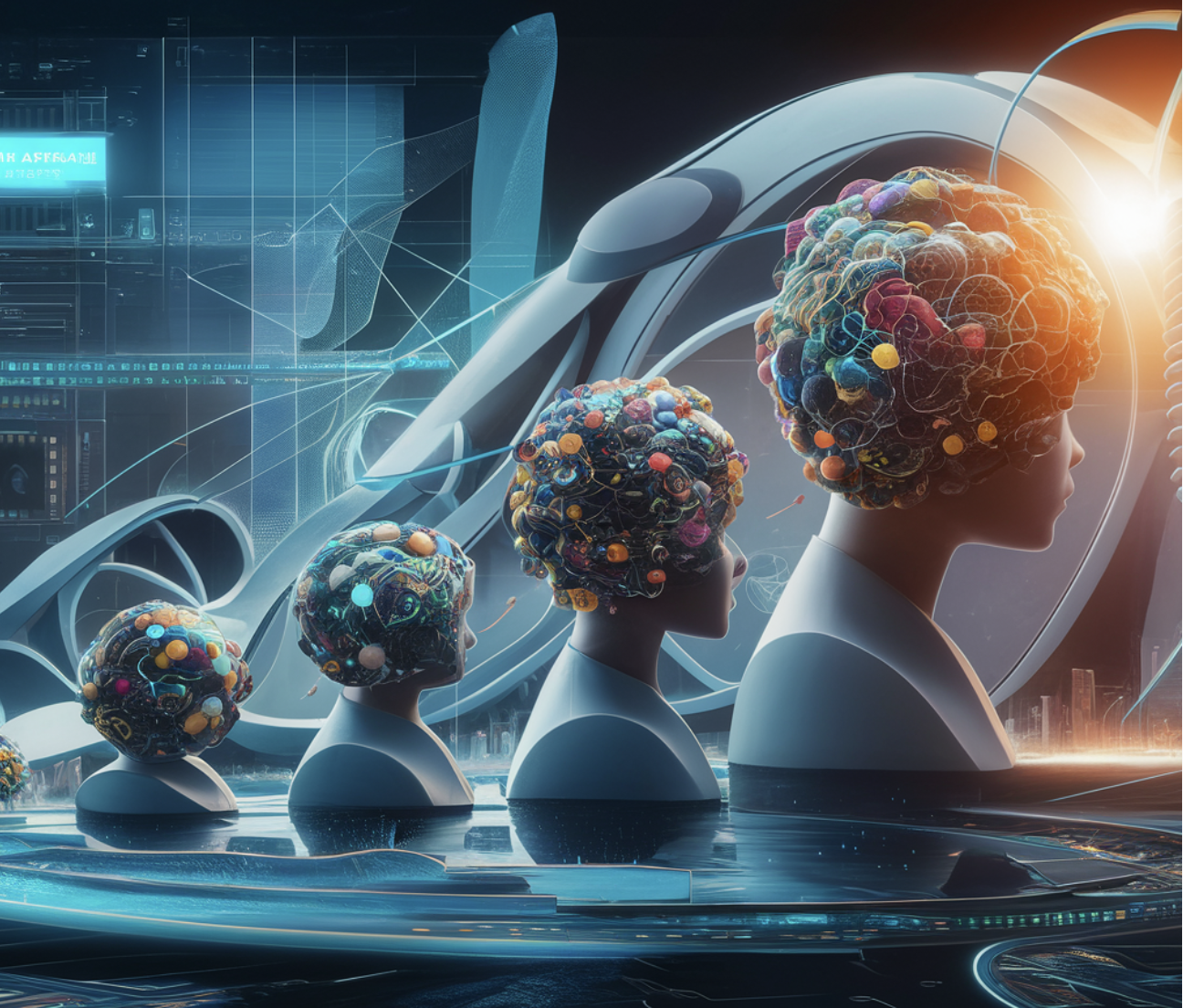
The Evolution of AI Agent Infrastructure
The rapid evolution of artificial intelligence (AI) has given rise to a specialized branch known as AI agents. These agents are sophisticated systems designed to execute tasks within specific environments autonomously, leveraging machine learning and advanced algorithms to interact, learn, and adapt. Let’s explore the burgeoning infrastructure supporting AI agents and highlight several notable projects shaping this domain.
Evolution of AI Agent Infrastructure
AI agents operate based on a sensing, thinking, and acting cycle. They perceive their environment, process information through algorithms, and take actions that influence their surroundings. This fundamental operational structure enables them to perform tasks ranging from simple automation to complex decision-making processes.
Notable AI Agent Projects
Several innovative projects exemplify the capabilities and potential of AI agents:
- SWE-Agent: Developed by researchers at Princeton University, SWE-Agent transforms large models (like GPT-4) into software engineering agents capable of resolving issues in real GitHub repositories.
- OpenDevin: This open-source project aims to create an autonomous AI software engineer to handle complex engineering tasks and collaborate with users.
- BabyAGI: A Python-based AI-powered task management system, BabyAGI uses OpenAI and vector databases like Chroma or Weaviate to create, prioritize, and execute tasks.
- AutoGPT: Known for its versatility, AutoGPT can autonomously accomplish minor tasks such as summarizing research papers, writing marketing content, and creating blog posts.
- LaVague: This framework is designed to develop AI web agents capable of performing complex tasks online.
Emerging AI Agent Trends
Several trends are shaping the future of AI agents:
- Increased Autonomy: AI agents are progressively moving towards greater autonomy, with the ability to plan, execute, and learn from their actions with minimal human intervention.
- Specialization: There is a notable trend towards specialized agents tailored to specific domains such as software development, sales, marketing, and scientific research.
- No-code/Low-code Solutions: Projects offer no-code or low-code platforms that allow users without extensive technical expertise to create and deploy AI agents.
- Open-source Ecosystem: Many open-source AI agent projects foster collaboration and rapid innovation.
Challenges and Future Directions
Despite significant advancements, AI agents face several challenges. Future research is needed to enhance long-term planning capabilities and develop explainable AI techniques to increase trust and user acceptance.
Conclusion
The rise of AI agent infrastructure is poised to transform various domains by automating complex tasks and enhancing productivity. The ongoing development of specialized frameworks, open-source projects, and innovative solutions will play a critical role in shaping the future of AI agent technology.

























